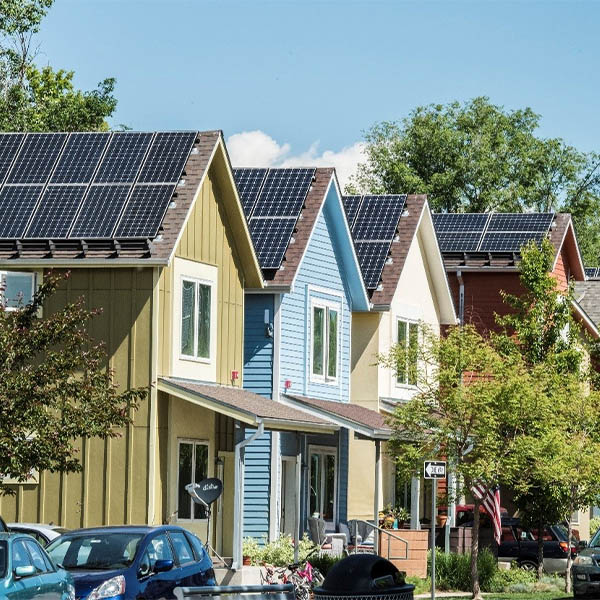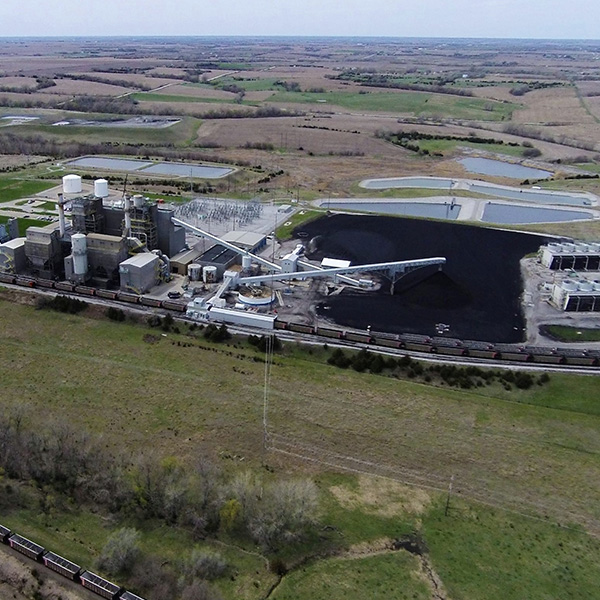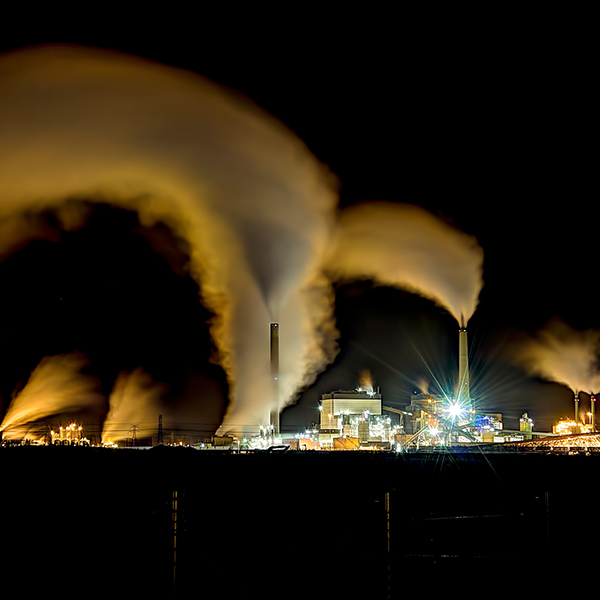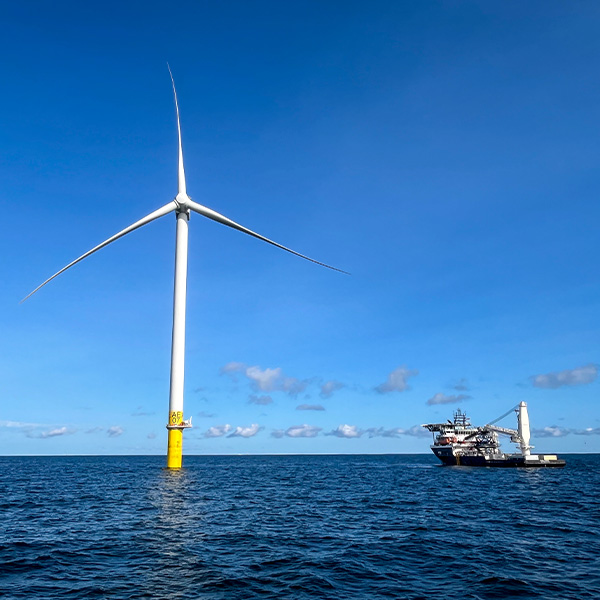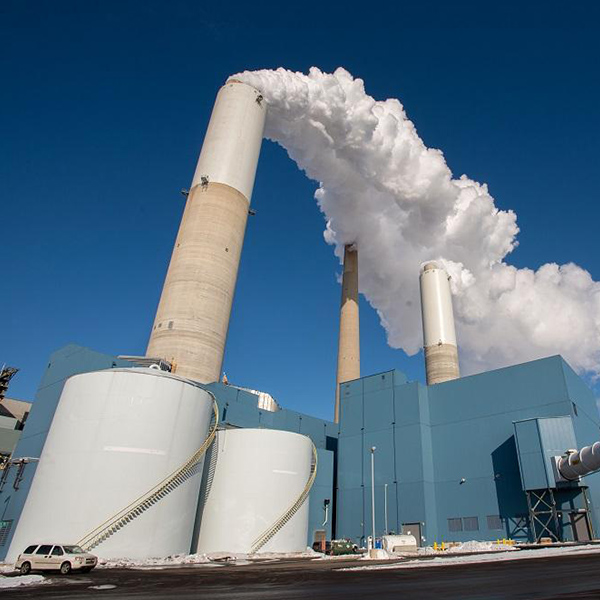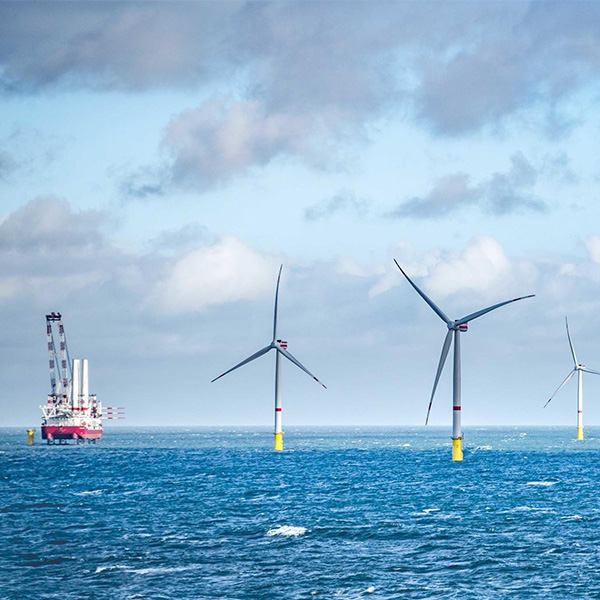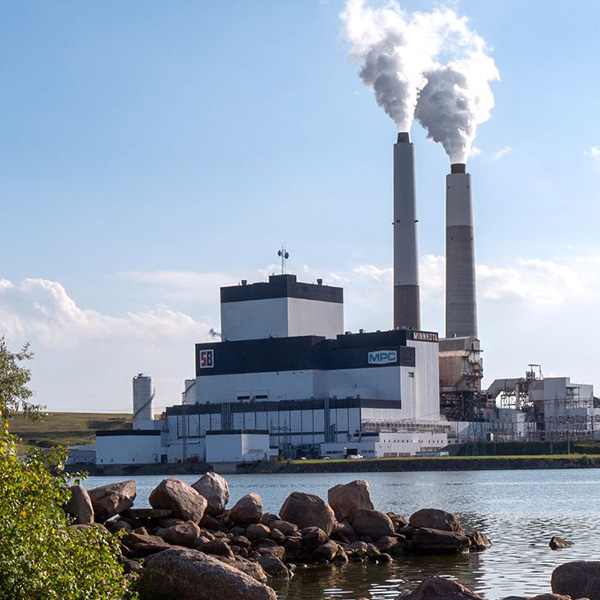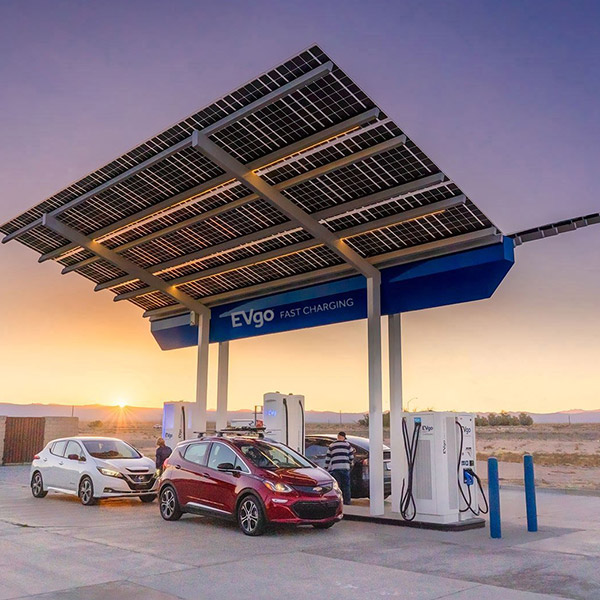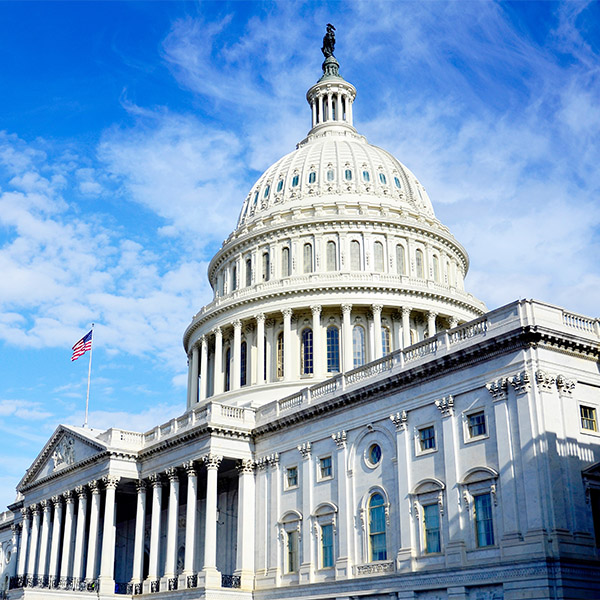Environmental Protection Agency
The complaint seeks to force EPA to reverse its termination of Solar for All, a $7 billion effort to expand lower-income Americans’ access to small-scale photovoltaics.
Three cabinet-level agencies announced coordinated policies that are meant to improve coal's position in the energy system by improving power plants, cutting environmental regulations and increasing mining of the fuel.
EPA Administrator Lee Zeldin said the reporting is not mandated under the Clean Air Act, has no bearing on the environment or public health, and imposes hundreds of millions of dollars a year in compliance costs on American businesses.
The Trump administration is moving to close the door on U.S. offshore wind development by remanding approvals for all projects not already under construction.
EPA Administrator Lee Zeldin proudly told NARUC attendees the agency’s proposed rescission of the 2009 endangerment finding would be the “largest deregulatory action in the history of the country.”
EPA is proposing to rescind its 2009 endangerment finding, which qualifies greenhouse gases as pollutants and has been used by Democratic presidential administrations to regulate emissions from power plants and other sources.
Nantucket said the agreement with GE Vernova for the Vineyard Wind 1 incident is compensation for costs and losses sustained by the town and local businesses.
EPA proposed repealing rules passed by previous administrations that impose carbon limits on existing and new power plants and the 2024 updates to the Mercury and Air Toxics Standard.
The U.S. Senate approved a resolution under the Congressional Review Act that would end California's EV mandate.
Key House committees are marking up “One Big, Beautiful Bill” for the fiscal 2025 budget that includes much of President Donald Trump’s legislative goals, including clawing back funds and phasing out tax credits for clean energy.
Want more? Advanced Search
